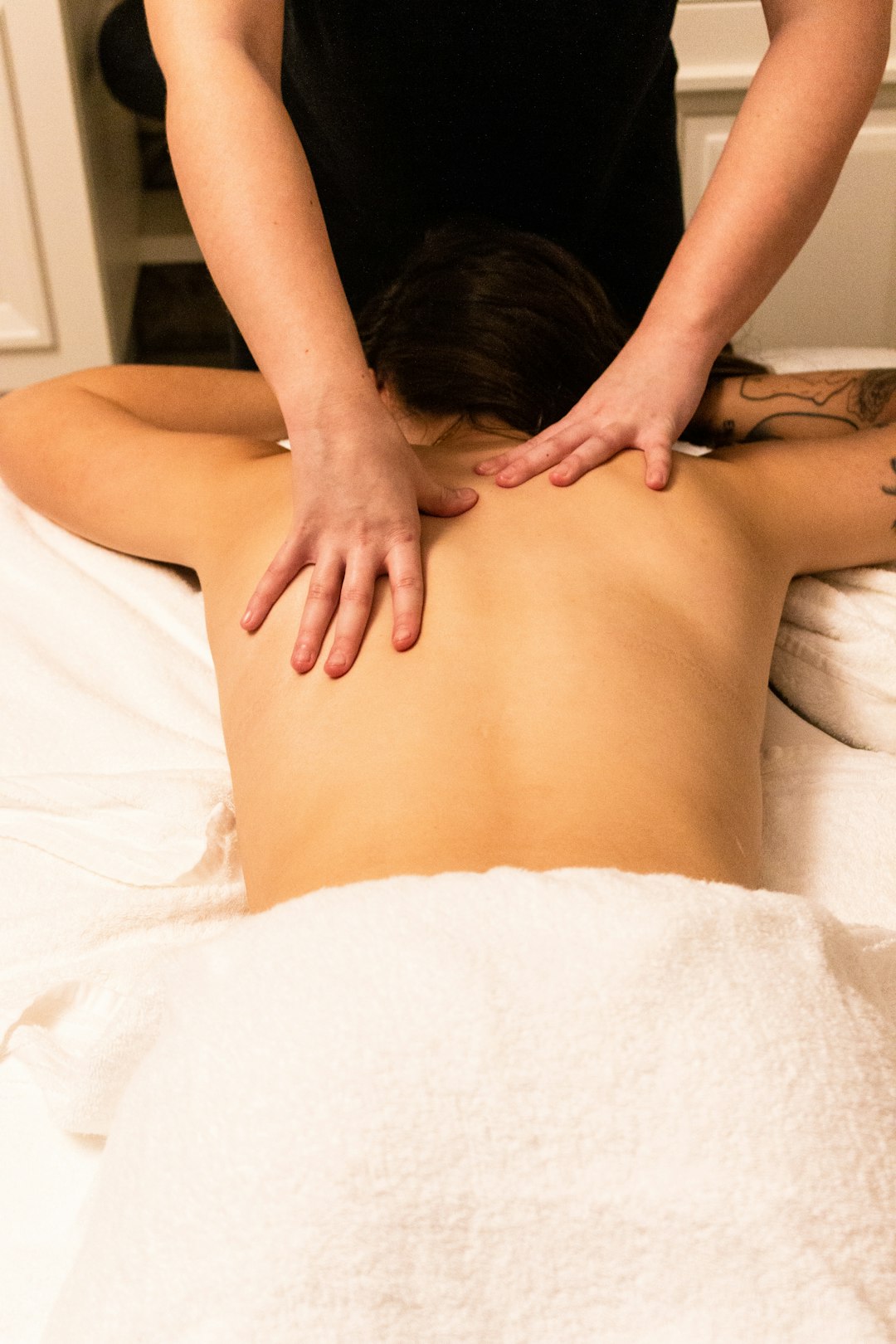Rebuilding trust after massage abuse in Illinois is a complex process that requires both emotional healing and legal accountability. Survivors must acknowledge their experiences, feel validated, and perpetrators must take responsibility. Massage abuse law firms in Illinois facilitate this through legal support, understanding the trauma's impact on psychological well-being and safety perceptions. They empower survivors to recover from anxiety, flashbacks, and avoidance, helping them gradually rebuild trust in interpersonal relationships.
Rebuilding Trust After Abuse: A Comprehensive Guide
Abuse, particularly within intimate or professional relationships, can leave profound psychological scars, disrupting an individual’s ability to trust. This article explores the intricate process of healing and regaining trust after trauma. We delve into the complex dynamics of rebuilding trust, considering the psychological impact of abuse on victims’ vulnerability and safety perceptions. Furthermore, we examine legal implications specific to massage therapy cases in Illinois, highlighting the role of specialized law firms and support services crucial for survivors’ rights and recovery.
The Complex Dynamics of Trust Reconstruction

Rebuilding trust after massage abuse is a complex process, often shrouded in emotional turmoil and legal considerations. In Illinois, where massage therapy law firms play a significant role, the road to recovery involves navigating intricate dynamics between victims and perpetrators, as well as dealing with potential legal repercussions. This delicate balance requires a nuanced approach, understanding that trust isn’t something that can be easily reclaimed; it must be meticulously constructed again, layer by layer.
The process begins with acknowledgment and acceptance of the abuse, which forms the cornerstone of healing. Victims must feel heard and validated, knowing their experiences are taken seriously. Simultaneously, perpetrators need to take responsibility for their actions, demonstrating a sincere commitment to change through counseling or other corrective measures. This dual process is essential in laying the groundwork for rebuilding trust, fostering an environment where both parties can engage in open communication, paving the way for reconciliation and the eventual restoration of faith in interpersonal relationships.
– Exploring the psychological impact of abuse and its effect on trust formation.

The psychological impact of abuse can profoundly disrupt an individual’s ability to form and maintain trust, a process that is often complex and deeply personal. Massages intended for relaxation and healing can instead trigger intense emotions related to the past trauma. This reaction varies from person to person but commonly manifests as anxiety, flashbacks, or even avoidance of situations reminiscent of the abuse. For many survivors, establishing trust becomes an arduous journey, requiring careful consideration and a supportive environment.
Illinois massage abuse law firms play a crucial role in this process by offering legal avenues for justice and healing. These law firms specialize in understanding the nuances of emotional trauma and its manifestation in various forms of abuse, including professional misconduct within the wellness industry. By holding perpetrators accountable, these law firms contribute to creating a safer environment, fostering trust, and empowering survivors to reclaim their well-being.
– The role of trauma in shaping an individual's perception of safety and vulnerability.

Trauma, particularly from massage abuse as witnessed in some Illinois law firm cases, significantly influences an individual’s psychological landscape, deeply affecting their perception of safety and vulnerability. The experience of such abuse can leave survivors with a heightened sense of danger, making it challenging for them to trust and open up to others. This trauma-induced caution is not always a bad thing; it can serve as a protective mechanism in the short term. However, when it becomes persistent and excessive, it can transform into a debilitating fear that hinders everyday functioning and interpersonal relationships.
Understanding this dynamic is crucial for survivors seeking healing and rebuilding their lives after massage abuse. The process involves acknowledging and addressing these fears, often with the help of therapy or support groups. By gradually exposing themselves to safe environments and trusted individuals, survivors can start to reassert a sense of control and security, laying the groundwork for restored trust in others and their surroundings.






